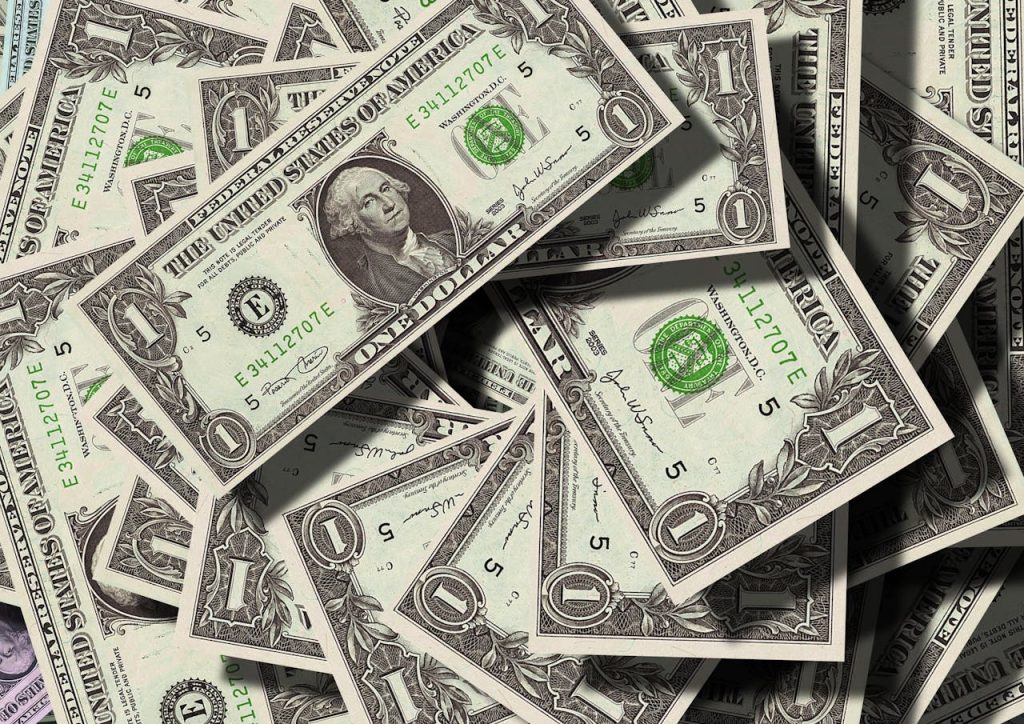
Money seems to disappear faster than we expect, even when we feel like we’re being careful. The truth is, there are silent money drains lurking in daily life that quietly chip away at your savings. Most people don’t spot these leaks until the damage is done. Understanding these hidden costs is crucial for anyone who wants to take control of their finances. Spotting silent money drains early can help you keep more cash in your pocket and avoid unnecessary financial stress in the future. Let’s take a look at the most common ones so you don’t end up surprised.
1. Subscriptions You Forgot About
Streaming services, magazines, apps, and even gym memberships can quietly renew without you noticing. These recurring payments add up over time, especially if you’re no longer using the service. Many people sign up for free trials and forget to cancel before being charged. It’s easy to overlook these silent money drains when they’re just a small charge each month, but together they can eat into your budget.
Review your bank statements regularly. Cancel anything you don’t use. There are also apps that help track and cancel unused subscriptions, which can be a big help if you’ve lost track.
2. Automatic Renewals and Annual Fees
Some services and memberships have annual fees that hit your account without warning. Credit cards, warehouse clubs, and online tools often renew automatically. If you’re not paying attention, you might pay for another year of something you don’t need. These silent money drains can be especially painful because they’re often a larger lump sum.
Set calendar reminders for renewal dates and reassess if you still need the service. Don’t let inertia cost you money year after year.
3. Bank Fees and ATM Charges
Small charges for using out-of-network ATMs or overdrawing your account can sneak up on you. Monthly maintenance fees, minimum balance fees, and even paper statement fees can quietly drain your money. While each fee seems small, they can add up to hundreds of dollars a year if you’re not careful.
Switch to a no-fee bank account or use only in-network ATMs. Know your account’s terms so you can avoid these unnecessary charges.
4. Unused Gift Cards
Gift cards are great—if you use them. Many people let them sit in a drawer until they expire or lose value. This is one of those silent money drains that feels harmless at first, but over time, the value is lost, and so is your money.
Keep your gift cards in one place and set reminders to use them. Some stores even allow you to exchange unwanted cards for cash or other cards. Don’t let them go to waste.
5. Energy Vampires in Your Home
Electronics and appliances that stay plugged in—even when turned off—can still draw power. These “energy vampires” include phone chargers, TVs, and coffee makers. Over a year, the extra electricity use can quietly increase your utility bill, becoming a silent money drain.
Unplug devices when not in use or use a smart power strip. Small changes in your home can save you money every month.
6. Food Waste and Expired Groceries
Throwing out spoiled food is like tossing money in the trash. Many people buy more groceries than they actually use, especially fresh produce. Not planning meals or letting leftovers go bad are silent money drains that add up quickly.
Start making a shopping list and stick to it. Plan meals for the week and freeze leftovers. Reducing food waste not only saves money but also helps the environment.
7. Unused Gym and Club Memberships
It’s easy to sign up for a gym or club membership with the best intentions. But if you’re not going regularly, those monthly fees become a silent money drain. Many people feel guilty about canceling, but the real waste is in paying for something you don’t use.
Be honest with yourself about your habits. If you’re not going, put that money toward something you’ll actually use or enjoy.
8. Impulse Online Purchases
With one-click shopping and targeted ads, online impulse buys have become a major silent money drain. It’s easy to lose track of small purchases that add up over time. Many people only realize how much they’ve spent when the credit card bill arrives.
Try waiting 24 hours before making any non-essential purchase. This simple rule can help you avoid unnecessary spending and keep your budget on track.
9. Insurance Overlaps and Unnecessary Coverage
Many people pay for overlapping or unnecessary insurance coverage—double-insuring a car, or carrying extra riders that aren’t useful. These silent money drains often go unnoticed because policies auto-renew and the details are confusing.
Review your policies once a year. Compare what you have with what you actually need.
10. Neglected Maintenance Costs
Skipping regular maintenance for your car, appliances, or home may seem like a way to save, but it’s a classic silent money drain. Small issues can turn into expensive repairs down the line. For example, ignoring a minor leak could lead to water damage and a hefty repair bill.
Set aside a budget for regular maintenance and inspections. Preventive care almost always costs less than emergency fixes.
Take Charge of Hidden Money Drains
Silent money drains lurk in every corner of daily life. By paying closer attention to recurring charges, fees, and seemingly minor expenses, you can plug these leaks before they do real damage. Being proactive about identifying silent money drains will help you keep your budget healthy and your savings intact.
What silent money drains have you found in your own life? Share your experience and tips in the comments below!
What to Read Next…
- Are These 7 Little Expenses Quietly Costing You Thousands A Year?
- 8 Everyday Services That Are Slowly Becoming Subscription Only
- 5 Invisible Service Charges Eating Into Your Bank Balance
- 7 Hidden Fees That Aren’t Labeled As Fees At All
- Are Automatic Renewals Draining More Than You Realize?
The post 10 Silent Money Drains That People Don’t Notice Until Too Late appeared first on The Free Financial Advisor.







